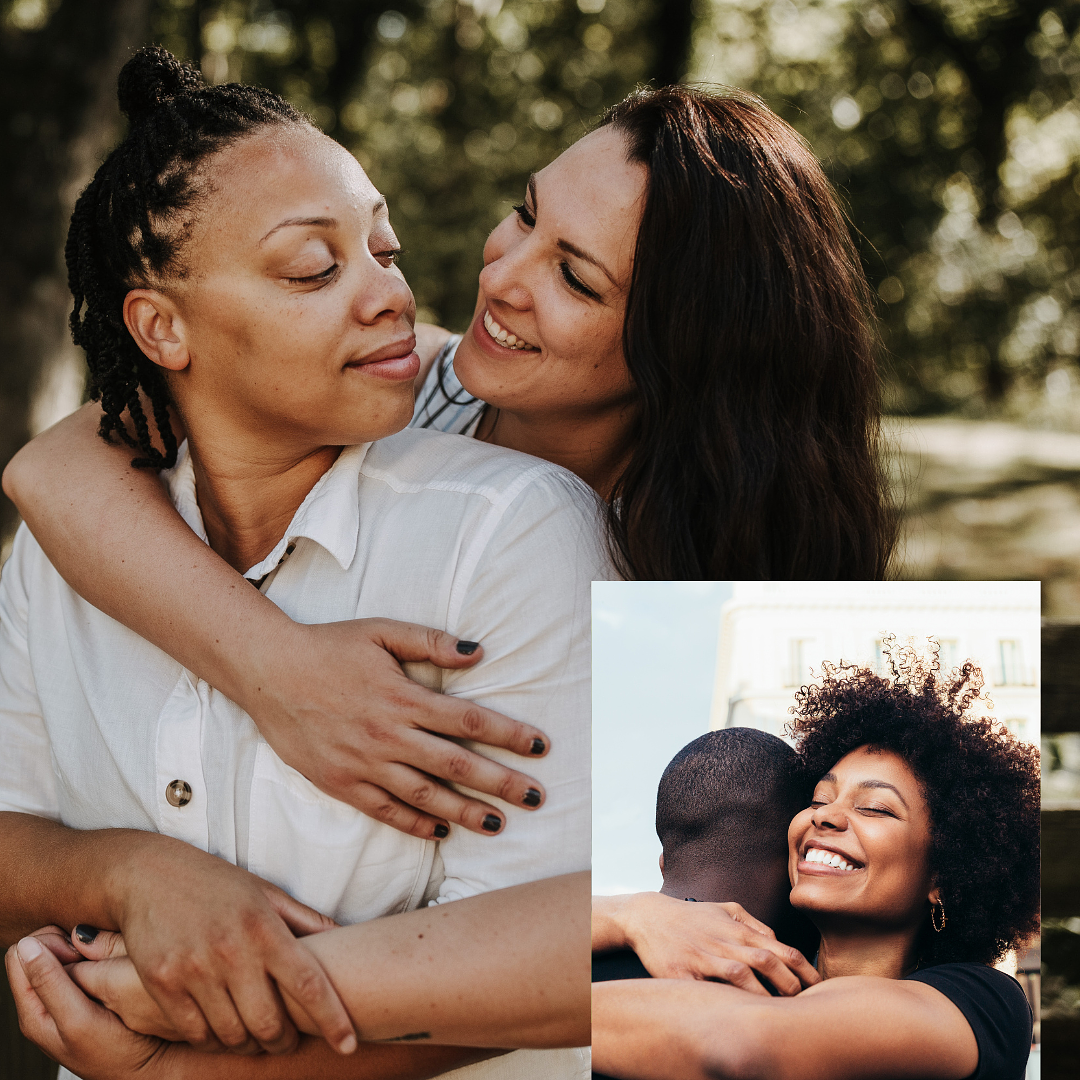The Impact of ACEs on Romantic Relationships Across the Lifespan

Posted on Thu 27 Feb 2025 · by Dr. Gregory Canillas
Adverse Childhood Experiences (ACEs) are traumatic events experienced before the age of 18, such as abuse, neglect, or household dysfunction. These experiences don’t just affect childhood—they can leave lasting imprints on how we view ourselves, interact with others, and form relationships, especially romantic ones. Understanding how ACEs show up in romantic relationships and taking action to address their effects is vital for building and maintaining healthy, fulfilling connections.
At Soul 2 Soul Global, we believe everyone deserves a loving relationship, no matter their past. This blog explores how ACEs can influence romantic relationships throughout life and provides actionable strategies to foster healing and connection.
The Influence of ACEs on Romantic Relationships
1. Early Adulthood: The Search for Connection
In early adulthood, individuals who experienced ACEs may struggle with:
- Trust Issues: Growing up in unstable or unsafe environments can make trusting others difficult. This often leads to fear of vulnerability in romantic relationships.
- Attachment Styles: ACEs often influence attachment styles. For instance:
- Avoidant Attachment: Avoiding closeness to prevent being hurt.
- Anxious Attachment: Clinging to partners for fear of abandonment.
- Disorganized Attachment: Oscillating between avoidance and anxiety due to unresolved trauma.
- Emotional Regulation: ACEs can impair emotional regulation, leading to heightened conflicts or shutting down during disagreements.
Action Strategy:
- Therapy and Support Groups: Engaging in therapy or support groups like those offered at Soul 2 Soul Global can help individuals identify and heal attachment wounds.
- Communication Skills: Learning assertive communication and active listening can improve trust and reduce misunderstandings.
2. Middle Adulthood: Deepening or Fracturing Bonds
By middle adulthood, patterns established in early relationships may deepen, potentially leading to:
- Repeating Cycles: Without intervention, unresolved trauma can result in repeating toxic relationship dynamics, such as choosing partners who mirror early caregivers.
- Conflict Avoidance or Escalation: Those with ACEs might avoid addressing problems out of fear of rejection or escalate conflicts due to difficulty managing emotions.
- Intimacy Struggles: Emotional and physical intimacy may feel overwhelming or unsafe for someone with a history of ACEs.
Action Strategy:
- Reflective Practices: Journaling and mindfulness can help individuals recognize triggers and understand their emotional responses.
- Couples Workshops: Programs like Soul 2 Soul Global’s Love Wins Retreats provide safe spaces to work through these issues with a partner and strengthen bonds.
- Reparenting Techniques: Learning to self-soothe and meet unmet emotional needs can reduce dependence on partners to fill those voids.
3. Later Adulthood: Healing or Loneliness
As people age, unresolved ACEs can manifest in feelings of loneliness, dissatisfaction, or even regret in relationships. However, later adulthood can also be a time of profound healing and growth. Challenges might include:
- Emotional Walls: Decades of unresolved trauma can result in emotional detachment, making it hard to maintain or rebuild connections.
- Regret Over Past Relationships: Reflecting on past relationship patterns can lead to feelings of guilt or shame.
- Resilience and Opportunity: Many older adults find new opportunities to heal and form healthier bonds when they seek support.
Action Strategy:
- Healing Through Community: Engaging with communities that value connection and growth, like those fostered at Soul 2 Soul Global, can provide emotional support and encouragement.
- Intergenerational Healing: Sharing stories with younger family members and breaking cycles of trauma can bring closure and deepen bonds.
- Continued Learning: It’s never too late to attend retreats, workshops, or therapy sessions to rebuild trust and connection.
General Strategies for Overcoming ACEs in Romantic Relationships
1. Identify and Challenge Negative Patterns
Recognize recurring patterns in your relationships that may stem from ACEs. Journaling or working with a therapist can help identify triggers and behaviors. Replace these patterns with healthier approaches to conflict resolution and communication.
2. Build a Supportive Network
Healing doesn’t happen in isolation. Surround yourself with people who support your growth and provide a sense of safety. This could include friends, family, or attending events like Soul 2 Soul Global’s retreats, where love and connection are prioritized.
3. Practice Vulnerability
Vulnerability is essential for intimacy, yet it can feel unsafe for those with ACEs. Start small by sharing your feelings and needs with trusted people. Gradually, you’ll build confidence in expressing yourself.
4. Focus on Emotional Regulation
Learning to regulate emotions is key to healthy relationships. Techniques like mindfulness, deep breathing, and grounding exercises can help during moments of stress.
5. Seek Professional Help
Therapists trained in trauma and ACEs can guide you through the healing process. Consider couples therapy if both partners want to address the impact of ACEs on their relationship.
How Soul 2 Soul Global Can Help
At Soul 2 Soul Global, we specialize in helping individuals and couples navigate challenges and build thriving relationships. Our Love Wins Retreats provide a supportive, inclusive environment where couples can:
- Explore the effects of trauma on their relationship.
- Learn practical tools to improve communication and trust.
- Celebrate their love while working toward a healthier future together.
If you’re ready to break free from the cycles of trauma and create a stronger, more loving relationship, visit our website to learn more about our retreats and resources.
Final Thoughts
ACEs may leave a lasting impact, but they don’t have to define your relationships. By understanding how they show up across the lifespan and taking intentional steps toward healing, you can create the healthy, loving connections you deserve. At Soul 2 Soul Global, we’re here to walk that journey with you.
For more resources and to explore our programs, visit www.soul2soulglobal.com. Remember, no matter your past, love always has the power to win.
Love & Light,
Doc
